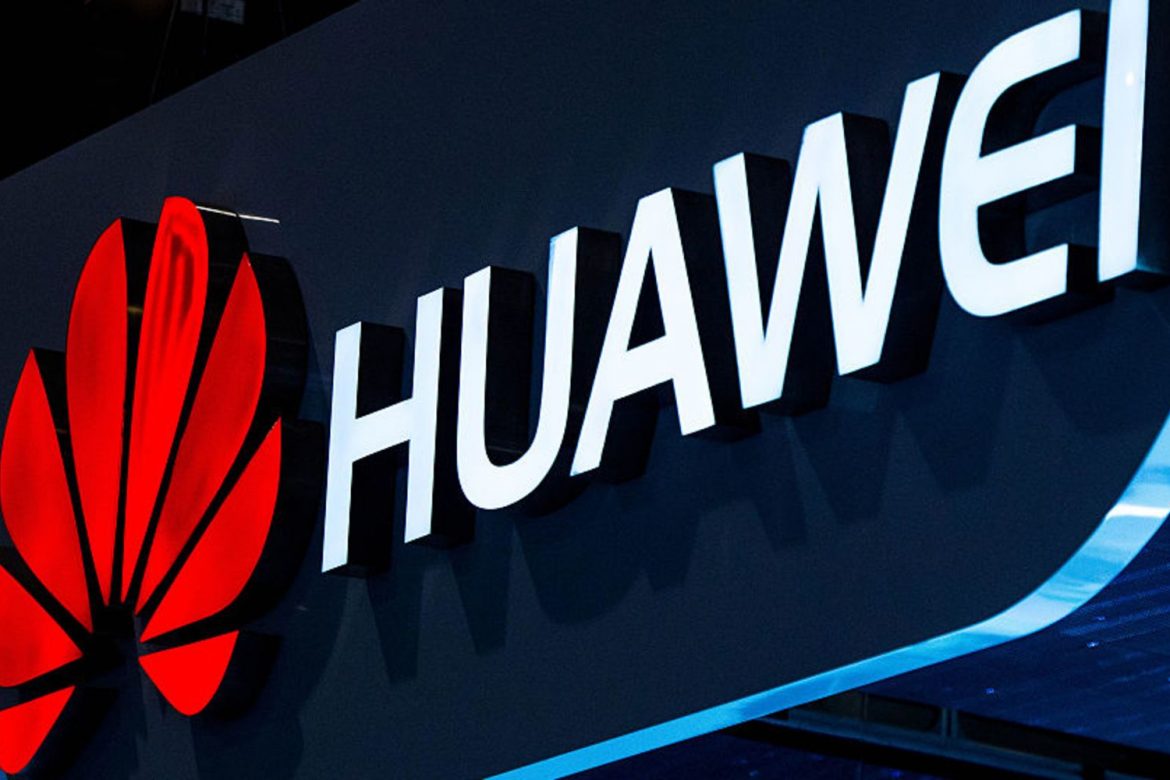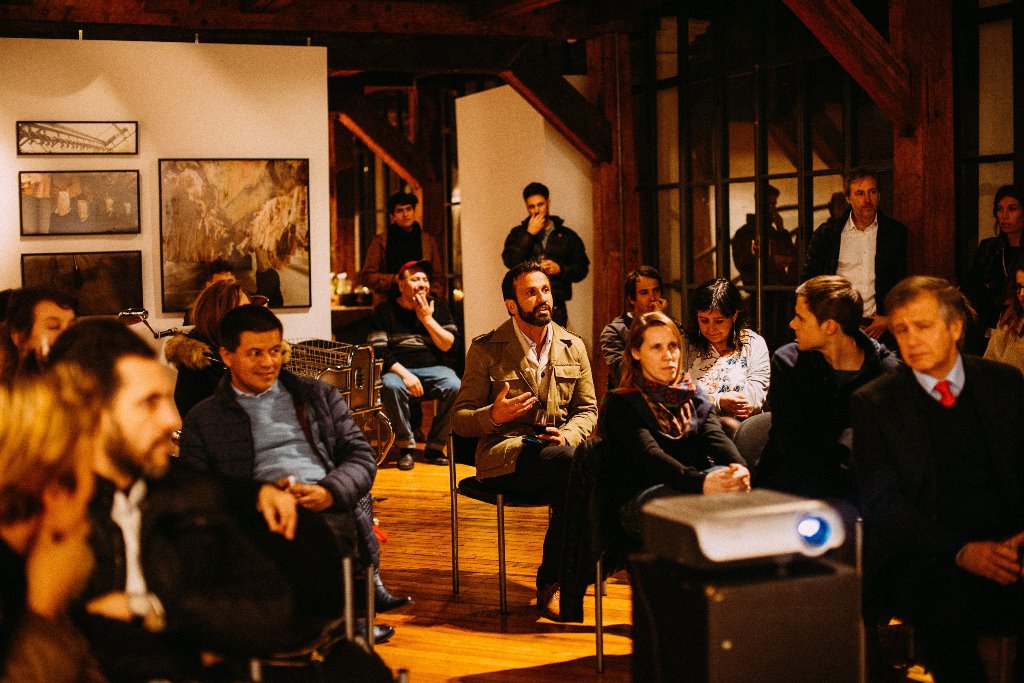Despite the call for the ban on Huwaei’s telecommunication equipment by the United States (US), nations in Southeast Asia have affirmed their support for Huawei’s 5G network. This stand is based on their economic growth stages and objectives of incorporating 5G networks.
Huawei has proven to be a formidable force in the wireless industry. Expressly, Huawei is viewed as the world’s number one telecom supplier and number two phone manufacturer.
Mansur Khamitov, an assistant professor at the Nanyang Business School, part of Singapore’s state-run Nanyang Technological University, comments on the issue:
When a dominant company like this which has grown into a technology giant attempts to penetrate a certain market, it is typically very hard for key business, government, and consumer stakeholders to resist such efforts, particularly if we talk about developing countries.
Certain Southeast Asia nations are impressed with Huawei’s 5G network as they have dismissed the US call for a ban.
Huawei’s cutting edge aspect
Huawei has depicted its cutting edge attributes by being a significant player in the 5G network. Additionally, this nation has been creative in the cultivation of exceptional business ties with many Southeast Asia nations.
According to Mansur Knamitov, Nanyang Business School’s assistant professor, Huawei has emerged to be a formidable telecommunication stakeholder, and this is founded on its exceptional public image and brand equity.
He affirms that Huawei is a technological giant that has penetrated distinctive markets. As a result, it has been accepted by notable businesses, governments, and consumers as evidenced by its dominance in developing nations.
Khamitov attests that these aspects have made various Southeast Asian nations to remain hesitant about abandoning Huawei based on US warnings about cybersecurity issues.
Huawei’s partnerships in Southeast Asia
Huawei’s dominance in Southeast Asia has been propelled by the outstanding collaboration it has made with different corporates.
For instance, in the Philippines, it has collaborated with Huawei’s 5G network since 2011, whereby exceptional projects such as the network modernization program worth seven hundred million dollars ($700) have been launched.
In 2015, Huawei contracted with Globe Telecom Inc. for the creation of a wireless innovation hub, as well as the crafting of a wireless broadband system.
Last month, Globe Telecom Inc. utilized Huawei’s materials to launch the first business 5G fixed wireless internet service in Southeast Asia.
On the other hand, in Malaysia, Huawei was chosen as the ICT government consultee in the enlargement of local talent.
Huawei has also made outstanding progress in the smartphone industry with incredible innovations. Many business prospects await smartphones.
For instance, brain research has been advanced using a smartphone gadget.
Huawei poses a national security threat
Huawei is facing scrutiny from Western nations and prosecuted on allegations of intellectual property theft and espionage.
As it poses a national security threat, the U.S., Australia and New Zealand have banned the company from building new, state of the art 5G telecom networks. Other Western countries are debating over a similar ban.
Also, there is a suspicion that Huawei and other Chinese telecom equipment providers of tracking forbidden information.
Last month, the U.S. prosecutors charged the company founded by a former People’s Liberation Army officer with violating U.S. sanctions on Iran, purloining trade secrets from T-Mobile and encouraging its employees to steal intellectual property.







